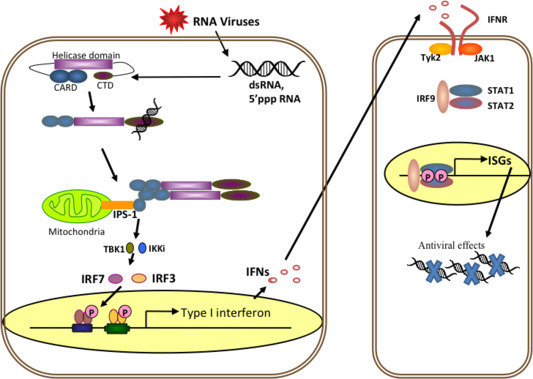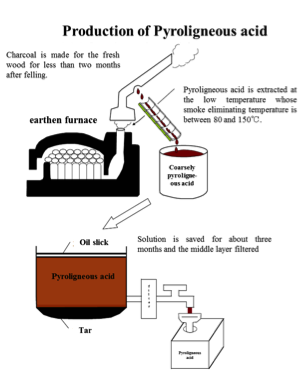Presenter: Ryota Ouda (Mission Research Fellow, RISH, Kyoto University)
Title: The important role of innate immunity on viral infections and autoimmune diseases
Place: HW525 (Research Building No. 1)
Associated Mission: Mission 5 (Quality of the Future Humanosphere)
ZOOM Meeting ID: 918-125-760
Abstract
In mammals, innate immunity is a first host immune defense against foreign pathogens and facilitates the subsequent activation of acquired immune responses. The cellular receptors detect foreign components and induce type I IFN (IFN) by activating signaling cascade. IFN is a secreted protein and impact numerous host processes by inducing Interferon stimulated genes (ISGs). Because ISGs are double-edge proteins, the expression of ISGs should be strictly controlled. Indeed miss regulation of ISGs relates to the many autoimmune disorders.

Pyroligneous acids (PAs), also called wood vinegar, pyroligneous liquor, pyrolysis bio-oil, or liquid smoke, are the crude condensate of smoke produced through carbonization and consist of a pyrolyzate of cellulose, hemicelluloses, and lignin. Wood and bamboo PAs are complex mixtures of water, alcohols, organic acids, esters, aldehydes, ketones, phenolics, and nitrogen compounds. Acetic acid is the primary component of wood and bamboo PAs. Wood and bamboo PAs are used for sterilization, food additives, smoke flavoring and antimicrobial agents. Interestingly, the chemical composition of PAs depends on the original wood species. Thus we aimed to identify the antiviral phenolic compounds in PAs from softwood, hardwood, and bamboo, and elucidate the relationship between their structures and their antiviral activities.

Go to Japanese page
PDF file (186 846 bytes) | Top
19 July, 2017.


